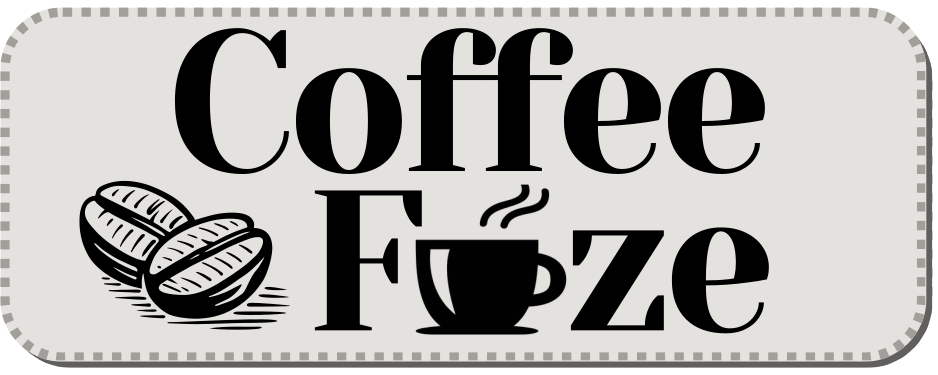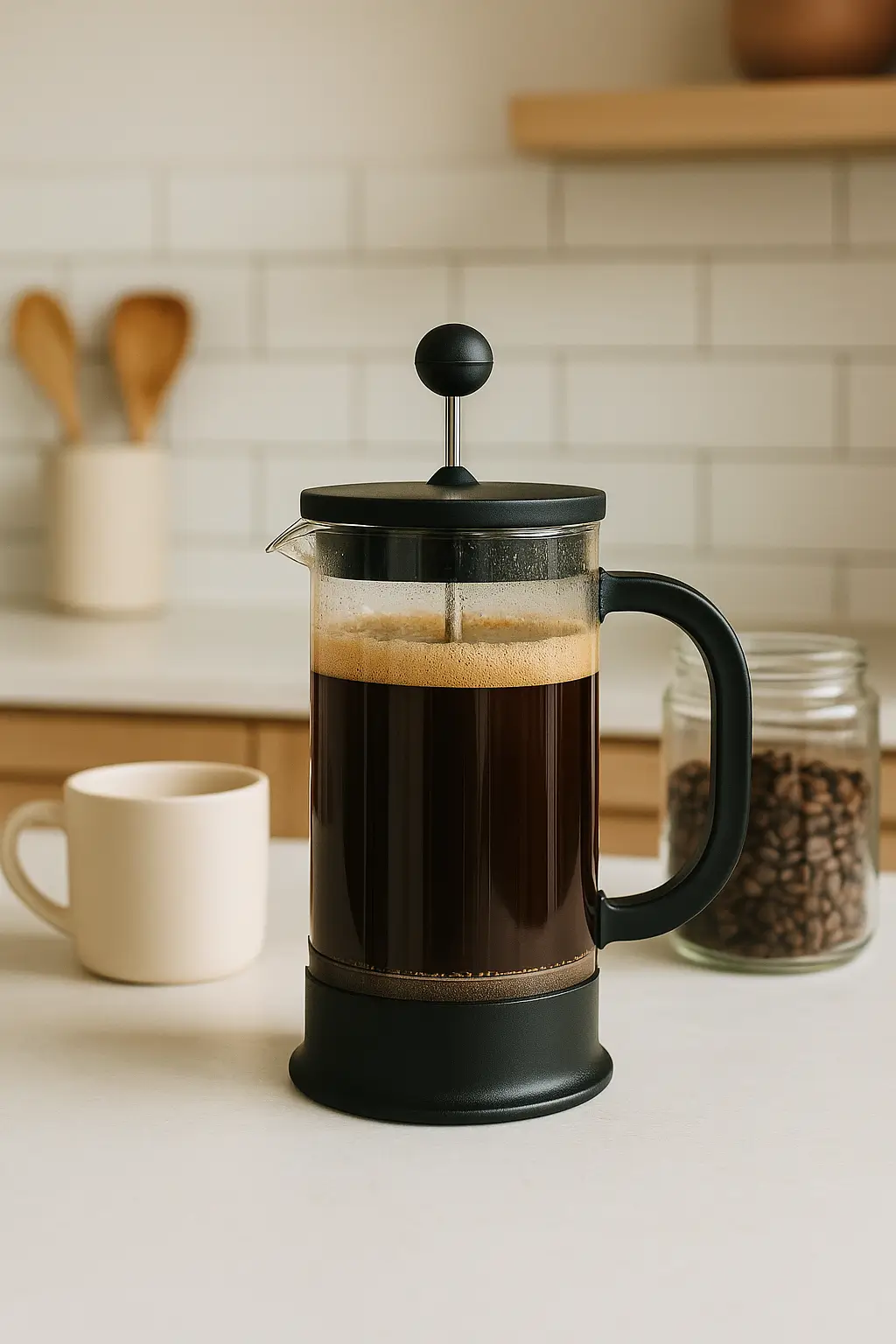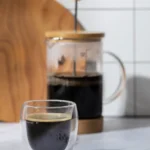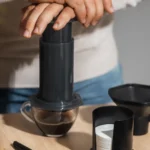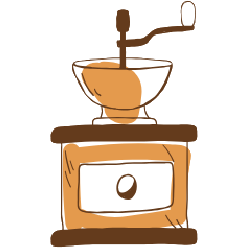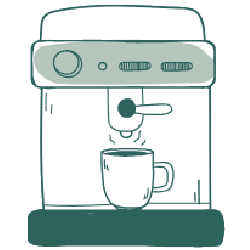Do you want a richer, more profound coffee experience? The French Press brews coffee in a unique way. It stands apart from typical methods. Also known as a press pot, plunger pot, or coffee press, this manual immersion device pulls out maximum flavor. Many coffee lovers choose it because it delivers a full-bodied cup with a strong, rich taste. This guide helps you master your French Press, from how it works to brewing a perfect cup at home.
What is a French Press and how does it work?
A French Press steeps coarsely ground coffee in hot water. This fully immerses the coffee particles. After steeping, a plunger separates the grounds from your brewed coffee. This simple method keeps natural coffee oils and soluble solids in your cup.
What are the components of a French Press?
Your French Press has a few main parts that work together to brew delicious coffee. It has a cylindrical carafe. This is usually heat-resistant glass or stainless steel. A plunger assembly fits inside. It has a rod with a lid and a metal mesh filter at the bottom. This filter pushes down the grounds.
The metal mesh filter is key. It separates grounds but lets coffee oils and fine particles through. This unique filtering gives French Press coffee its strong flavor and rich body.
How does the French Press brewing process work?
French Press brewing uses full immersion. Coffee grounds soak completely in hot water. This steeping pulls out the best flavors and aromas. After steeping, you push the plunger down. This sends the coffee grounds to the bottom of the carafe.
The metal mesh filter on the plunger separates the liquid coffee from the used grounds. It does this without squishing them. This gentle separation keeps natural coffee oils. You get a full-bodied, aromatic cup. Use water around 199–205°F (93–96°C) for best extraction.
What is the signature flavor profile of French Press coffee?
French Press coffee tastes rich, full-bodied, and strong. This unique taste comes from its brewing method. It doesn’t use a paper filter. No paper filter means natural coffee oils and fine particles stay in your cup.
These elements give your coffee unique characteristics. You get a more intense, complex taste. This differs from methods that remove them, making a lighter cup.
What are the flavor characteristics of French Press coffee?
French Press coffee tastes bold and earthy. Expect notes of rich chocolate and nuts. This strong flavor captures the coffee beans’ full essence.
What is the texture and body of French Press coffee?
French Press coffee feels heavy and full-bodied. It has a silky mouthfeel, almost creamy. Fine sediment adds a unique complexity. You get a lingering aftertaste.
How to brew the perfect French Press coffee: A step-by-step guide.
What are the advantages of French Press coffee?
French Press coffee offers many advantages. Its brewing method gives you a superior taste. These benefits show why people love the French Press.
- Full-bodied, Rich Flavor: The metal mesh filter lets natural coffee oils and fine particles stay in the brew. You get a richer, more complex, and strong flavor profile compared to paper-filtered drip coffee.
- Superior Aroma: No paper filter traps aromatic compounds. The coffee’s aroma is more pronounced and vibrant in the cup. This enhances the overall sensory experience.
- Customizable Brewing: You control critical brewing parameters. Adjust water temperature, brewing time, and coffee-to-water ratio. This allows precise adjustments to your taste.
- Higher Caffeine Extraction: The immersion brewing process often pulls out more caffeine. You get a stronger, more invigorating coffee experience if you want it.
- Versatility: A French Press makes both hot coffee and cold brew. Its simple design makes it convenient for travel or camping. It needs no electricity.
- Cost-Effective: French Presses are generally affordable to buy. They do not need disposable paper filters. This makes them a more economical brewing method over time.
- Easy to Use: With its straightforward mechanics and minimal parts, the French Press is very easy to operate. Even new brewers find it accessible.
What are the disadvantages of French Press coffee?
While French Press has benefits, it also has drawbacks. These issues can affect your brew and final cup. Knowing these helps you set realistic expectations for French Press coffee.
- Sediment and Grittiness: The metal mesh filter allows fine coffee particles (sediment) into the final brew. This can make a slightly gritty mouthfeel. Some drinkers do not like this.
- Over-extraction Risk: The manual brewing process keeps contact with grounds. It can easily over-extract if steeped too long. This can lead to a bitter or astringent flavor. It needs more attention than automated methods.
- Cleanup: Taking apart the plunger and cleaning the carafe—especially from residual grounds—can be more involved. It takes more time than just tossing a paper filter.
- It takes time: The total brewing process, including heating water and steeping, takes about 4–10 minutes. This might be slower than a quick cup from some automated drip machines.
- Health Impact: Drinking unfiltered coffee, like French Press coffee, may modestly increase certain cholesterol markers. The mesh filter does not remove cafestol. This compound links to higher LDL cholesterol levels.
- Lack of Clarity: No paper filter means the coffee often looks cloudy, not clear. This visual differs from the bright clarity in pour-over or drip-brewed coffee.
How does French Press compare to Drip coffee?
French Press and drip coffee brew differently. They give you different flavors and experiences. A quick comparison shows their key differences in preparation and outcome. Understanding this helps you pick your preferred method.
| Feature | French Press | Drip Coffee |
|---|---|---|
| Flavor | Rich, full-bodied, complex | Cleaner, lighter |
| Aroma | More pronounced | Less pronounced |
| Sediment | Present, can be gritty | Minimal, if any |
| Oil Retention | High | Low (removed by filter) |
| User Control | High | Low (automated) |
| Brew Time | 4–10 minutes | Usually faster |
| Cleanup | More involved | Simple (dispose filter) |
| Cost | Low (no filters needed) | Higher (disposable filters) |
| Health (lipid impact) | Possible increase in LDL | Lower LDL impact |
The French Press is for you if you like robust flavors and a full body. Drip coffee is better if you prefer a cleaner cup with less sediment.
What are the best coffee beans for French Press?
Pick the right coffee beans for the best French Press brewing method. Medium to dark roasts work best. They naturally offer the strong, full-bodied flavors this method pulls out well. The coarse grind needed also affects your bean choice. Pick beans that handle full immersion.
Which roast levels are best for French Press?
Medium to dark roasts are best for French Press coffee. These roasts offer strong, full-bodied flavors. Full immersion brings them out. You can use light roasts, but you’ll need hotter water—around 203–212°F—to avoid sourness. Darker roasts give bolder results. They often have chocolate and nut notes.
Which bean varieties, Arabica vs. Robusta, are best for French Press?
Both Arabica and Robusta beans work well in a French Press. Arabica beans offer balanced flavor and complex aromas. They are popular for a nuanced cup. Robusta beans give a stronger, more caffeinated brew. Use them if you like intense coffee or add milk and sweeteners often.
What are some recommended coffee origins for French Press?
Some coffee origins consistently work well in a French Press. They boost its natural richness. Each origin offers unique flavors. They complement the full-bodied nature of French Press coffee.
- Colombian beans are often good for their balanced flavor and satisfying full body.
- Brazilian beans typically offer delightful nutty and chocolate notes. They are perfect for a robust brew.
- Ethiopian beans provide complex, often wine-like characteristics. They add intriguing layers to your cup.
- Guatemalan beans are celebrated for their subtle spice notes and reliable medium body.
Always pick specialty grade, freshly roasted beans. This boosts your French Press experience, no matter the origin.
The French Press is a timeless brewing method. It offers a simple, rewarding path to great coffee. It pulls out rich flavors and a bold, full-bodied cup. That makes it a favorite among coffee lovers everywhere. This method gives you full control over your brew. You can truly customize it. Try brewing French Press coffee. Experiment with the parameters. Find your perfect cup. Share your favorite French Press tips or recipes. Keep exploring the world of coffee.
